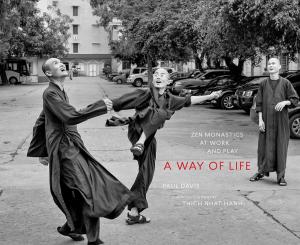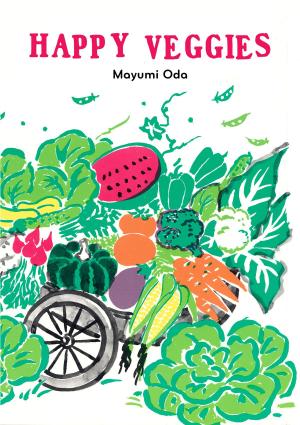The Healing
One Woman's Journey from Poverty to Inner Riches
Nonfiction, Health & Well Being, Fitness, Yoga, Health, Alternative & Holistic Health, Biography & Memoir| Author: | Saeeda Hafiz | ISBN: | 9781946764058 |
| Publisher: | Parallax Press | Publication: | July 17, 2018 |
| Imprint: | Parallax Press | Language: | English |
| Author: | Saeeda Hafiz |
| ISBN: | 9781946764058 |
| Publisher: | Parallax Press |
| Publication: | July 17, 2018 |
| Imprint: | Parallax Press |
| Language: | English |
In this memoir of upward mobility through an unexpected route, a young black American woman signs up for lessons in yoga and clean eating as signifiers of her new middle class status, little realizing that her new lifestyle will bring her face to face with the inner demons fed by the domestic violence, addiction, and poverty she witnessed as a child.
Graduating, getting established in your career, and dating another professional are things many young middle-class women expect to do and take for granted. But when your parents don't support you and you have siblings in prison, those milestones seem monumental. What does growing up poor do to your self-esteem? How do patterns of stress and family violence, poor diet and poor health continue to affect you even after you escape to a higher income bracket? And what can one woman do to turn around the cycle of racism, poverty, and intergenerational suffering? Hafiz gives a frank account of the anxiety and rewards of becoming "middle class" through a complete change of diet and adopting habits such as traveling and doing yoga. While her peers pursue one kind of African American dream by climbing the corporate ladder, Hafiz finds meaning in learning to cook macrobiotic food and practice meditation. By doing so, she recovers from chronic health conditions and heals from the family trauma she has inherited.
In this memoir of upward mobility through an unexpected route, a young black American woman signs up for lessons in yoga and clean eating as signifiers of her new middle class status, little realizing that her new lifestyle will bring her face to face with the inner demons fed by the domestic violence, addiction, and poverty she witnessed as a child.
Graduating, getting established in your career, and dating another professional are things many young middle-class women expect to do and take for granted. But when your parents don't support you and you have siblings in prison, those milestones seem monumental. What does growing up poor do to your self-esteem? How do patterns of stress and family violence, poor diet and poor health continue to affect you even after you escape to a higher income bracket? And what can one woman do to turn around the cycle of racism, poverty, and intergenerational suffering? Hafiz gives a frank account of the anxiety and rewards of becoming "middle class" through a complete change of diet and adopting habits such as traveling and doing yoga. While her peers pursue one kind of African American dream by climbing the corporate ladder, Hafiz finds meaning in learning to cook macrobiotic food and practice meditation. By doing so, she recovers from chronic health conditions and heals from the family trauma she has inherited.















